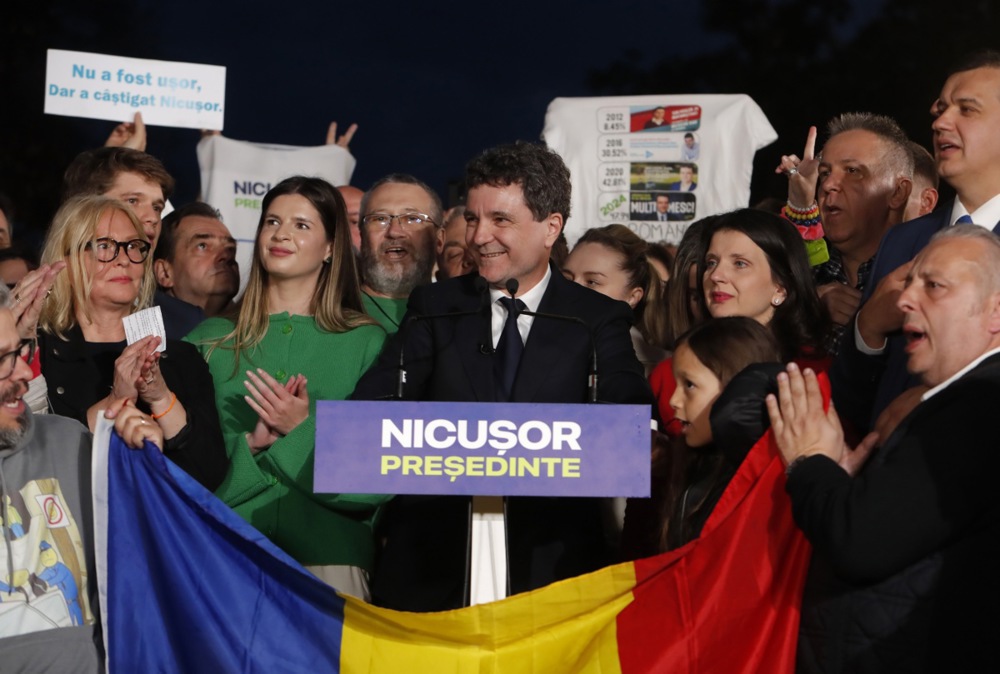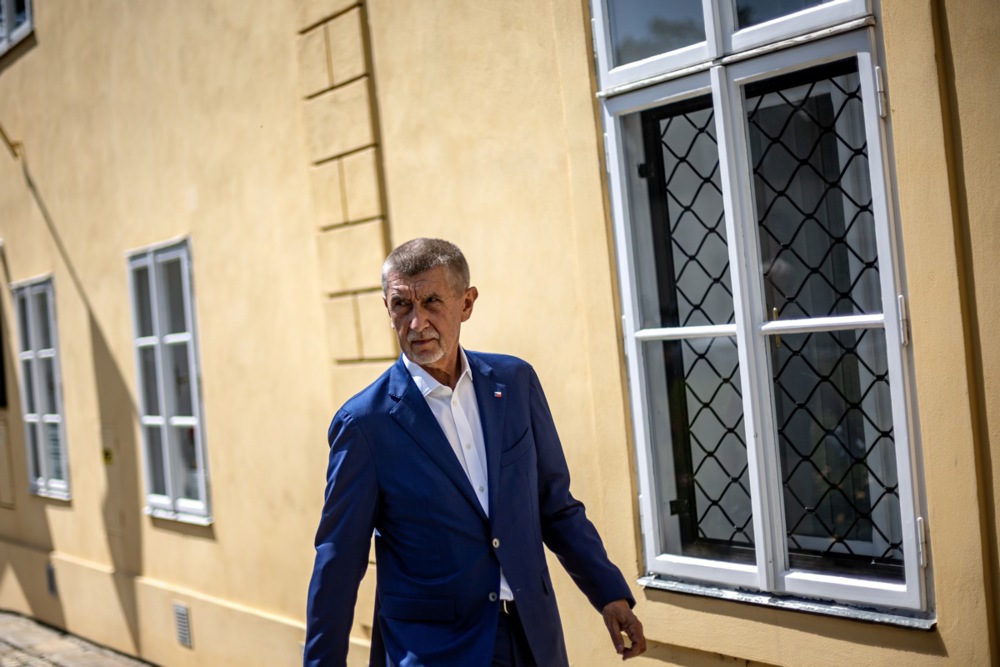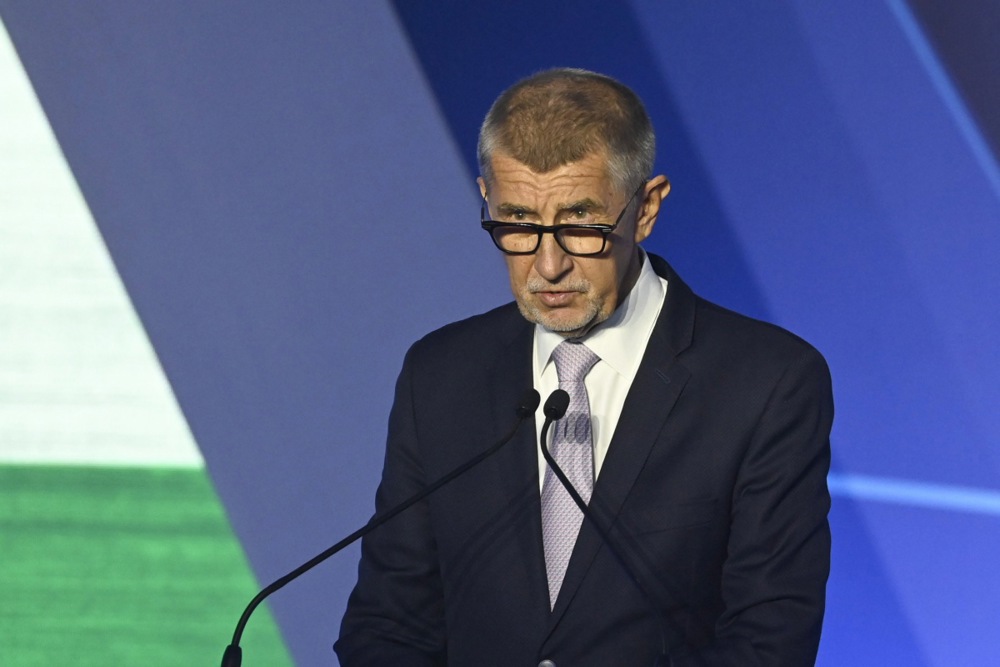The next president of the Turkish Republic of Northern Cyprus (TRNC) is to be Tufan Erhürman, the leader of the centre-left Republican Turkish Party (CTP), who triumphed with a decisive 62.8 per cent of the vote.
Announced late yesterday, the plebiscite marks a significant shift away from the hardline two-state solution advocated by now ex-president Ersin Tatar. The win for President Erhürman may potentially breathe new life into long-stalled United Nations-led talks to reunify the divided island of Cyprus.
“This election is not an election where some people win and others lose. The Turkish Cypriot people won tonight,” Erhürman said.
“There are many wonderful things we can do together. When we are together, there is nothing we cannot do.”
Erhürman, a 51-year-old academic and former prime minister, defeated Tatar — who garnered 35.8 per cent —in a first-round ballot that saw a turnout of 64.9 per cent among the TRNC’s 218,000 registered voters.
Other candidates trailed far behind, with independents Arif Salih Kırdağ and Osman Zorba receiving less than 0.5 per cent of the vote each.
Yesterday’s election was conducted without incident.
Analysts hailed the result as a “game-changer”, reflecting widespread frustration among Turkish Cypriots over economic stagnation, isolation and the impasse in inter-communal negotiations.
Erhürman campaigned on a platform of revitalising UN-backed talks for a bi-zonal, bi-communal federation, a model rooted in the 1960 constitution that collapsed amid ethnic violence in the 1960s and Turkey’s 1974 military intervention.
“This is not a win for one party, but for our brotherhood and unity,” Erhürman declared in his victory speech in northern Nicosia. He pledged to serve impartially and would resign as his party’s leader to symbolise his commitment to all citizens.
He rejected accusations that he was anti-Turkey, calling such statements “propaganda” in an earlier interview with the Turkish state agency Anadolu (AA).
“Our relationship with Turkey is vital,” Erhürman said, stressing that formulating foreign policy without consulting Turkey “has never been the case in the past and will not be during my term either”.
Outgoing president Tatar, who assumed office in 2020 on a pro-sovereignty ticket backed by Ankara, conceded graciously but reiterated his belief in the need for equal political rights for Turkish Cypriots.
His tenure saw heightened tensions, with repeated calls for formal recognition of the TRNC and rejection of federal solutions offered by Greek Cypriots.
Tatar’s alliance with Turkey’s ruling Justice and Development Party (AKP) emphasised a permanent partition, a stance that has drawn international condemnation and stalled Cyprus’ role in Turkey’s European Union accession bid.
Turkey’s President Recep Tayyip Erdoğan congratulated Erhürman via a post on X. He said the outcome was a testament to Turkish Cypriot “democratic maturity” and reaffirmed Ankara’s unwavering support for the TRNC’s sovereignty.
“Turkey will continue to defend the sovereignty rights and interests of the Turkish Republic of Northern Cyprus alongside our brothers and sisters on every platform,” Erdoğan stated.
Turkish foreign minister Hakan Fidan echoed this, expressing confidence that the election result would advance regional stability.
On the southern side of the Green Line separating the Turkish and Greek Cypriot communities in Cyprus, Cypriot President Nikos Christodoulides welcomed the outcome as an “opportunity” for progress.
“I congratulate Mr Erhürman and reaffirm my commitment to resuming negotiations,” Christodoulides said, highlighting an upcoming informal UN summit as a potential venue for dialogue.
Greek Cypriot leaders, including Democratic Rally MP Annita Demetriou, viewed the vote as a rejection of the two-state model.
Demetriou said it signalled voters’ desire for “a viable solution based on UN parameters”.
Erhürman’s pro-reunification stance aligns with previous Turkish Cypriot leaders such as Mehmet Ali Talat, who governed from 2005 to 2010 and pursued federal talks.
A constitutional law professor by training, Erhürman has long advocated for closer ties with the EU, where the Republic of Cyprus holds membership. He has criticised the economic hardships exacerbated by international embargoes on the north.
He has stressed Turkey’s indispensable role as guarantor, insisting that any settlement must safeguard Turkish Cypriot security amid growing foreign military presences in the south, including that of France, Israel and the US.
The Cyprus conflict, one of Europe’s longest-running disputes, dates back to the island’s independence from Britain in 1960.
Inter-communal strife led to the 1974 Turkish invasion following a Greek-backed coup, displacing thousands and dividing the island along ethnic lines.
UN efforts, including the 2004 Annan Plan referendum (endorsed by Turkish Cypriots but rejected by Greek Cypriots), have repeatedly faltered, most recently collapsing in 2017 at Crans-Montana, Switzerland.





